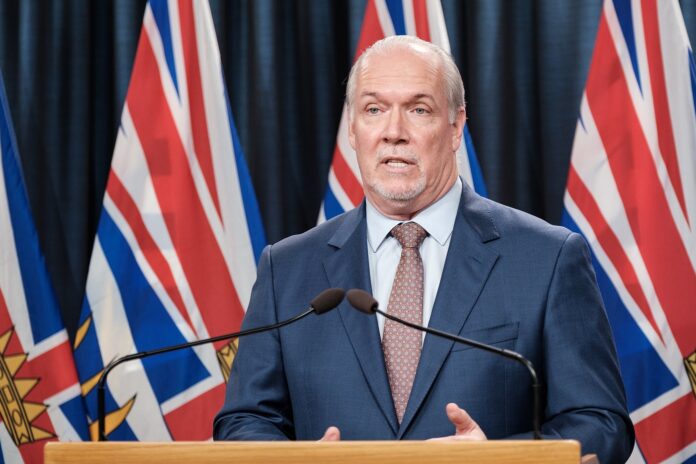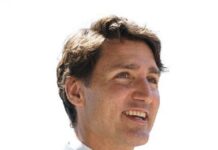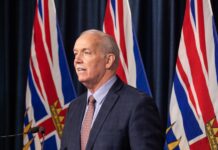RESPONSE to the coronavirus pandemic continues to be a key metric by which Canadians rate their political leaders in 2020. The issue consistently supersedes all others in terms of importance. But new data from the non-profit Angus Reid Institute indicates approval ratings for Canada’s premiers does not necessarily correlate with the number of cases or severity of outbreak province to province.
Ontario’s entrance into stage three of community re-opening has not led to a significant rise in new COVID-19 cases.

British Columbia’s John Horgan receives high approval for the work he has done this quarter. Despite rising numbers of cases, which reached record levels last week, Horgan’s approval is highest in the country at 69 per cent, suggesting that low (though increasing) hospitalization rates may be calming the public to some extent. As younger residents drive much of the province’s rising trend in COVID-19 case numbers and tune out public health officials, Horgan recently reached out to B.C-born celebrities Ryan Reynolds and Seth Rogen in an effort to change the message. The popularity of the Premier has led to speculation that a fall election may be called.

Premier Doug Ford has praised residents for their efforts in mitigating the virus. They in turn, are inclined to judge his job performance as praiseworthy as well, with 66 per cent voicing approval.

In Quebec, Francois Legault continues to have the approval of a strong majority, though his government’s mandatory mask policy has caused small protests in recent weeks. Quebec’s case numbers – while still highest in the country in total – have remained low for the past two months. Further, the province’s elder care sector is reportedly much better prepared for a second wave of the virus, with new staff being trained and new protocols adopted. Two-thirds of Quebec residents approve of Legault (65%).
Notably, all three premiers have faced a mix of praise and criticism for their back-to-school plans, as province’s shift their attention to ensuring the safety of both children and their family and friends when classes resume next week.
Alberta’s Kenney still lagging behind
As was the case last quarter, both Alberta’s Jason Kenney and Manitoba’s Brian Pallister have sub-majority endorsement from their respective constituents.

Kenney is facing a number of challenges. Albertans have grown increasingly critical of his government’s response to the coronavirus and the province’s finances are in historically poor shape with oil revenues plummeting and pandemic-related economic shocks persisting. COVID-19 cases began rising in mid-July to an average of more than 100 per day and remain above that mark. Two-in-five Albertans (42%) approve of Kenney, the lowest number recorded since his United Conservative Party formed government in 2019.
In Manitoba, 44 per cent approve of Premier Brian Pallister. Cases in that province have risen in recent weeks and the premier has faced criticism over a government decision to promote Manitoba as a tourism destination during the pandemic. The government announced new measures last week that require Manitobans to self-isolate “for 14 days if they have tested positive for COVID-19 or have been exposed to COVID-19 by a close contact”.
Two premiers facing re-election in the coming months will enter their campaigns with strong approval. In Saskatchewan, which will hold a provincial election on November 2, 59 per cent approve of Premier Scott Moe, and his party holds a considerable lead in vote intention.
In New Brunswick, Premier Blaine Higgs is seeking a majority mandate after spending the past year and a half leading a minority government. The province will head to the polls on September 14 with health care and government spending dominating the early days of the campaign. Higgs has the approval of 61 per cent of residents.
Nova Scotia Premier Stephen McNeil will end his tenure as the longest serving provincial leader in the country when a successor is chosen next February. The outgoing Premier has seen a considerable boost in his performance rating throughout his handling of the COVID-19 outbreak, now approved of by half of his constituents (51%).
Fellow Liberal leader Andrew Furey enters as Premier of Newfoundland and Labrador this quarter, succeeding Dwight Ball. Residents remain relatively unaware of his performance thus far, with 55 per cent responding that they are unsure at this point how they feel about him and 34 per cent in approval.















